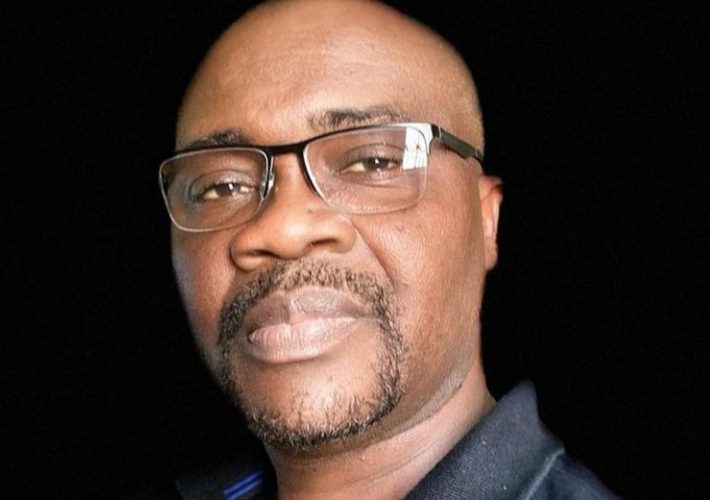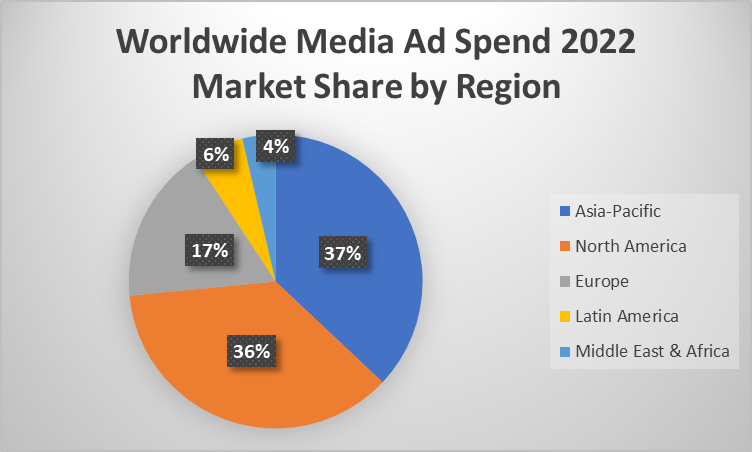By Zion Rufus
From the consequent political fragility to severe macroeconomic challenges, the International perception of Nigeria and Nigerians continue to deteriorate as prevalent situations plunge the nation and its people deeper into unfavorable lights.
Although blessed in all ramifications with notable efforts and contributions by Nigerians in the diaspora to make the country proud, Nigeria’s image problem has accelerated growing concerns across spheres as it seems to have plummeted to its worst in October 2022.
“Hopefully, our villages will find new visitors (with prepaid negotiations with bandits). Do not blame Dubai (UAE) for its call; we have extremely bad young people who are damaging our reputation and discrediting the amazing work Nigerians in the UAE are doing,” Professor Ndubuisi Ekekwe said on the latest visa ban on Nigerians. October 21, the UAE had slammed a Visa ban(for the umpteenth time) on Nigerians seeking to visit Dubai.
Dubai authorities had said in notice: “All Dubai applications submitted are now rejected. It is general for Nigerians and approvals are on hold at the moment.”
Ekekwe said further: “As Nigeria fades due to economic mismanagement, the world has decoupled in many ways. The US embassy has turned off its visa website for weeks now. The UK has a bigger high voltage searchlight as it sieves the few allowed. But check, you are on your own. The United Arab Emirates has stopped the issuance of visas to Nigerians. UAE must not be allowed to discriminate on the basis of national origin. If it wants to be taken seriously as a modern nation, it has to have a filter and not execute a blanket ban on Nigerians! I call on the Nigerian government to challenge this illegality. A visa ban based on national origin is illegal under the UN Charter.”
In defense of the Visa ban, NIDCOM boss, Abike Dabiri-Erewa tweeted that “Nigeria’s crime rate in the UAE is one of the highest.”
On Wednesday, 26th October, the US authorised the evacuation of its citizens and staff from Abuja over a possible terrorist attack; the advisory by the British High Commission also issued a similar warning.
October 14, about a hundred Nigerian students had to flee for their lives after being attacked by Indian students at a private university in India.
On October 19, the Australian government issued a warning to its citizens to desist from travelling to Nigeria over the recent flooding, threats of terrorist attack and kidnapping, the volatile security situation, possible violent civil unrest, and high levels of violent crime.
“Do not travel to Adamawa, Anambra, Akwa Ibom, Bauchi, Bayelsa, Borno, Cross Rivers, Delta, Gombe, Imo, Jigawa, Kaduna, Kano, Katsina, Kebbi, Niger, Plateau, Rivers, Sokoto, Taraba, Yobe and Zamfara States. If, despite our advice, you undertake travel within Nigeria, research routes and get professional security advice and support before departing,” the travel advisory read.
In a comment, Vitalis Iheanyichukwu Nujimem, TRM – Advisory Associate at KPMG US said: “The truth is that Nigeria is bad. So whatever punishment Nigerians receive should be on Nigeria and its political pawns. There is this saying Nigerians in diaspora used in round table talk, give Nigerians the U.S and send Americans to Nigeria, in less than a year, Nigerians will destroy the entire United States system and Americans will rebuild the entire Nigerian system to a society that works for everyone. Now, who is the problem?”
“So, the problem is not UAE, not UK, not the US, not Trump, not Putin, not the Chinese or Indians, and most especially, not the geopolitical confrontation taking place in Europe or Asia, the problem is Nigerians and Nigeria’s leadership,” Nujimem pointed.
October 11, the UK shared that it is considering restrictions as Nigerian migrants account for the highest number of dependants.
According to a DailyMail report, UK Home secretary, Suella Braverman came to this decision after figures showed a startling inconsistency across different nationalities coming to the UK to work and study.
The report showed that Nigerians accounted for 40% of all dependants who accompanied foreign students in the 12 months to June – despite Nigerian students making up just 7% of all foreign students during the period. 34,000 Nigerians were given study visas in the UK, bringing with them a total of 31,898 dependants. A similar ratio was recorded for work visas, with 8,972 Nigerians issued with one in the 12 months to June bringing with them 8,576 dependants.
Meanwhile, as the current economic and security situations continue to spiral out of control, In Canada, African nationals are presently experiencing unusually high rejection rates, hurting Nigerian students’ chances of getting their Canadian degrees according to research by Study International.
An extensive study by education and immigration stakeholders in Canada also found that the trend has persisted since 2019. A total of 75% of African students who applied for their study permits that year within a five-month period were met with rejection, and Nigerians were among those who suffered gravely. In 2021 alone, more than 21,000 Nigerian students submitted their applications for a Canadian study permit.
P.S Let’s not forget the EndSars memorial was October 20






Comment
No comments found.